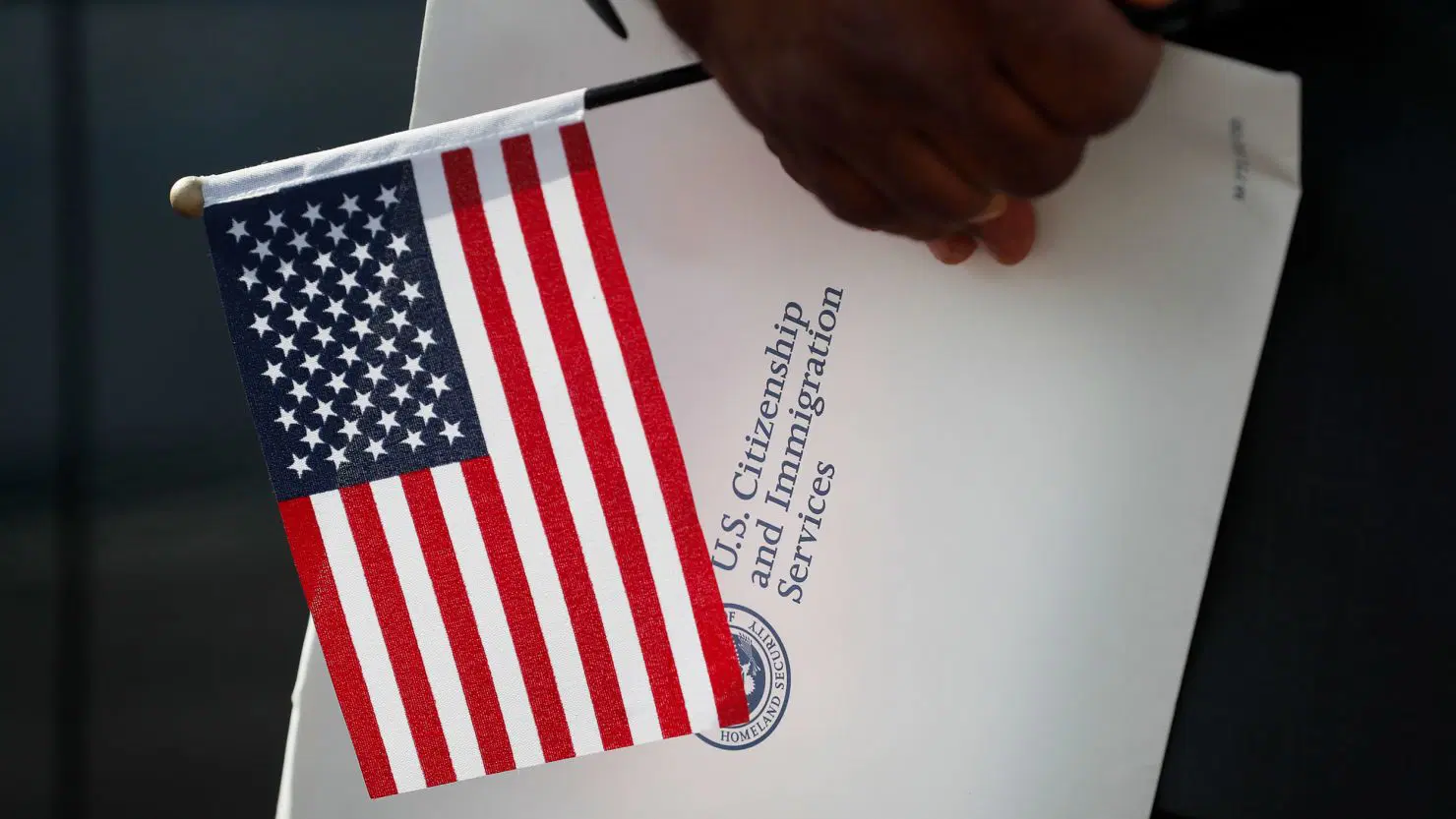The U.S. Department of Justice (DOJ) has issued a new directive instructing attorneys in its civil division to prioritise denaturalisation efforts against naturalised citizens who have committed certain serious offences.
Denaturalisation is the legal process of revoking citizenship that was obtained through naturalisation, as opposed to birthright.
According to a memo released on June 11 on the DOJ’s official website, legal teams are being urged to concentrate on cases where individuals obtained U.S. citizenship through illegal means—such as concealing vital information or deliberately providing false details during the naturalisation process.
The memo outlines that civil denaturalisation enables the government to strip citizenship from individuals responsible for war crimes, extrajudicial killings, or other major human rights violations. It also applies to naturalised criminals, gang affiliates, and individuals convicted of crimes who are seen as ongoing threats to the United States. Additionally, the directive seeks to prevent convicted terrorists from returning to U.S. territory or using a U.S. passport for international travel.
The DOJ has identified several categories of cases that should be prioritised. These include individuals linked to national security threats—such as terrorism, espionage, or the illegal export of sensitive technology—as well as those involved in torture, war crimes, or crimes against humanity.
Other top-priority cases include people connected to violent gangs or drug cartels, those who committed undisclosed felonies prior to naturalisation, and individuals involved in human trafficking, sexual offences, or violent crimes. Financial crimes are also a focus, with specific reference to PPP loan fraud and Medicare or Medicaid fraud.
Cases involving fraud against private companies, citizenship obtained through bribery or deception, and referrals from active criminal investigations are also being targeted under the new policy.
The directive has significant implications for the more than 25 million naturalised U.S. citizens, as reported by the Migration Policy Institute in 2023.
This move is in line with former President Donald Trump’s hardline approach to immigration, both legal and illegal. Recently, the U.S. Supreme Court ruled that federal judges had exceeded their authority in blocking Trump’s executive order that aimed to end birthright citizenship—the automatic granting of citizenship to individuals born on U.S. soil.
Although the court did not issue a final ruling on the constitutionality of the order itself, the decision has left open the possibility for the Trump administration to revisit and further pursue the policy.
READ ANOTHER STORY – https://classic97.net/presidency-defends-tinubus-visit-to-saint-lucia-highlights-economic-opportunities/








